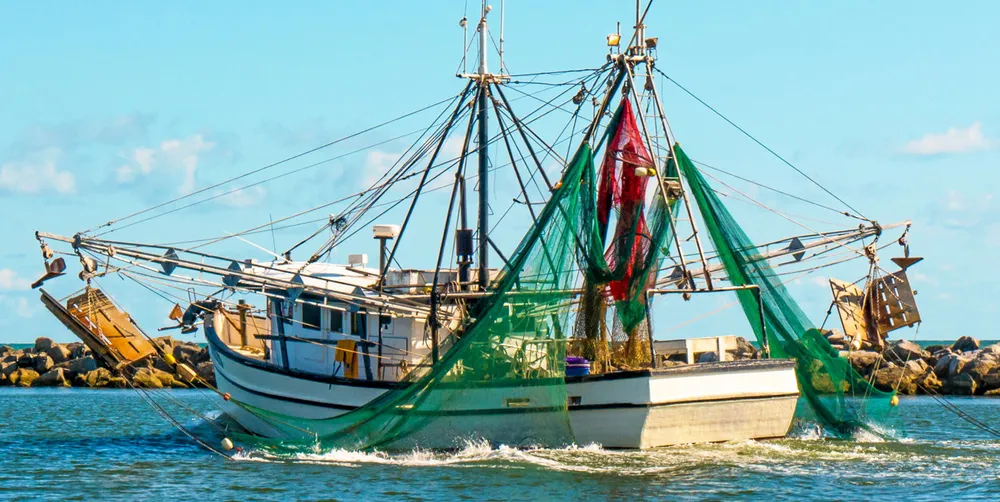LETTER: US shrimp imports bringing an 'unjust end' to Gulf shrimp sector
'Year over year, the number of producers has been in decline and the current shrimp market will ensure many more business go by the wayside.'

'Year over year, the number of producers has been in decline and the current shrimp market will ensure many more business go by the wayside.'
